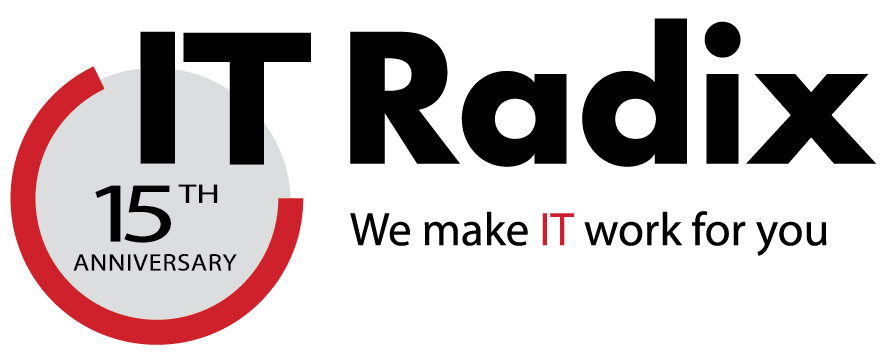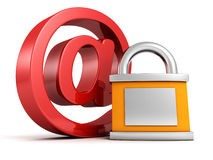Email is the single most effective way cybercrime scammers gain access to your bank account, credit cards and identity—whether it’s opening a virus-infected attachment or succumbing to a phishing scam where you unwittingly reveal your username, password and/or credit card information.
As a general rule, the following 5 things should NEVER be included in an email:
Social security number – Scammers can use it to open credit cards and steal your identity.
Banking information – Never email bank account numbers, routing numbers, or online banking login credentials. Also, avoid sending a voided/blank check as an email attachment.
Credit/debit card information – Never click on an email link to update credit/debit card information. Instead, log directly into the company’s secured site. Or, simply call the vendor directly using the number on the back of your card.
Login credentials – Never share your passwords or answers to security questions with anyone, period!
Financial documents – An attachment that includes any of the above is just as dangerous to email as typing it in. Never email any type of financial documents (or scans of documents) to your CPA, financial advisor, bank, etc.
Now is the time to build a strong framework around your online email sharing habits to safeguard your private and financial data! Banks, credit card companies and the government will never ask you to click a link to provide them with any of the five items above. If you get an email asking you to update any of the above information, there’s a good chance it’s a phishing email from a hacker. Don’t be scammed!
First published in our October 2015 IT Radix Resource newsletter



